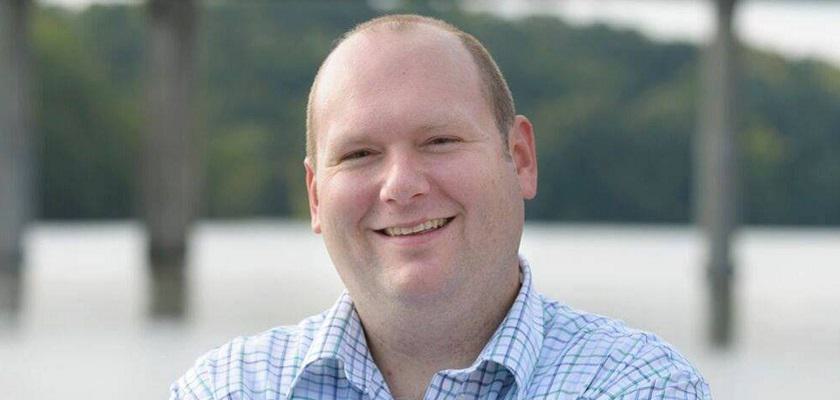State Sen. Andrew Jones (R-Centre) is seeking to eliminate occupational taxes that exist in more than two dozen Alabama cities.
According to Jones, in some of those municipalities, the rate is as high as 2%.
His Senate Bill 44 (SB44) would phase out the tax by one-tenth of a percent each year until completely eliminated.
"An occupational tax is nothing more than a tax on someone for being employed," Jones said. "And to me, that's just fundamentally wrong. There is some sort of connection, kind of, with the union legacy. There is some connection with north Alabama in that there are about 26 or so municipalities that continue to have occupational taxes. Five of the six highest rates are in Etowah County. Another seven municipalities that have occupational taxes, I believe, are in Marion County in Senator [Garlan] Gudger's district.
"It's just kind of weird where these things are prevalent. You may remember two years ago we had an effort in the legislature. I was involved in that, to help stop the spread of these things. Basically, if you didn't have an occupational tax, you couldn't get one. So, now that we've kind of gotten them frozen from expanding, there's some things that I want to do to kind of stop further [increases to]it or [for it to] make money, make revenue on the local level but also dial them back and rein them in because we've got rates that are kind of all over the place.
"That's kind of how we got to this point. I just think it's a regressive tax on working people. It's very different than income taxes. This is a tax on your being employed and having a job in a certain area."
The Cherokee County state senator said there was no distinguishable difference in other areas of taxation when comparing municipalities with an occupational tax and those without one.
"When you look at these cities that have an occupational tax, by and large, there are other forms of taxation -- sales tax rates, property tax rates, etc. -- they're on par with the rest of the state," Jones said."So, it begs the question why this additional revenue is needed if most of their other rates of taxation are equivalent with other rates in the state.
"When you think about it from that perspective, that's troubling," Jones said. "But also, some of these cities are very dependent on this tax. The City of Gadsden in my district -- it's over 30% of their budget. This bill is very thoughtful in that we know these folks are dependent on this revenue. You can't just take it away overnight, so we have a gradual phase-out approach that is built into the bill."
Jones said his legislation would decrease the tax by a tenth of percent annually and that the growth in budget revenue from year to year would keep pace or eclipse that decrease in income for the municipalities.
He also noted that in places where the occupational tax rates were as high as 2% would take 20 years to phase out under his proposal.
"I think it's a very fair and slow and deliberate process," Jones said.
To connect with the author of this story, or to comment, email jeff.poor@1819News.com.










